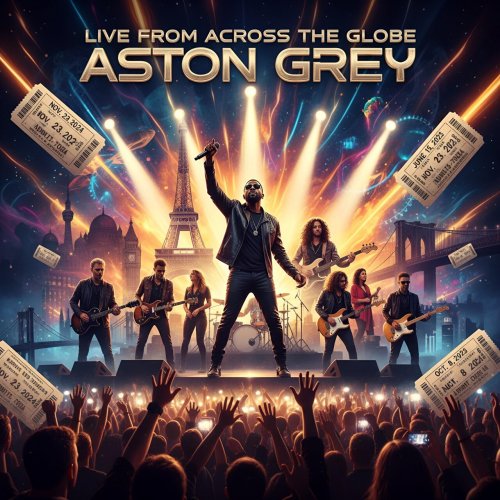Mike Clark - Mike Clark Plays Herbie Hancock (2023) [Hi-Res]
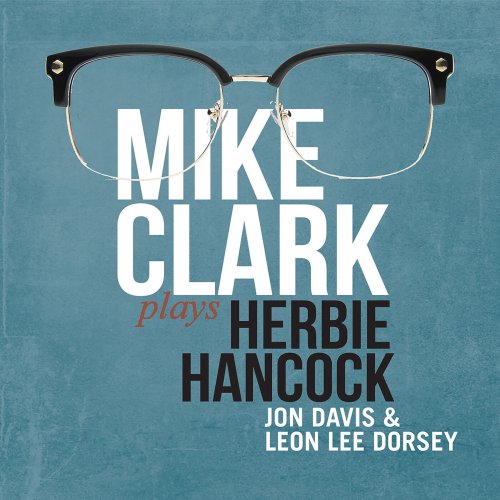
Artist: Mike Clark
Title: Mike Clark Plays Herbie Hancock
Year Of Release: 2023
Label: Sunnyside Records
Genre: Jazz
Quality: FLAC (tracks) / 24bit-48kHz FLAC (tracks)
Total Time: 46:10
Total Size: 295 / 566 MB
WebSite: Album Preview
Tracklist:Title: Mike Clark Plays Herbie Hancock
Year Of Release: 2023
Label: Sunnyside Records
Genre: Jazz
Quality: FLAC (tracks) / 24bit-48kHz FLAC (tracks)
Total Time: 46:10
Total Size: 295 / 566 MB
WebSite: Album Preview
1. Toys (7:18)
2. Speak Like A Child (7:10)
3. Dual Force (4:01)
4. Dolphin Dance (7:18)
5. Sorcerer (5:25)
6. Chan's Song Never Said (5:31)
7. Empty Pockets (5:56)
8. Actual Proof (3:34)
The music of Herbie Hancock has affected the lives of generations of jazz performers. Like many of these musicians, it was the opportunity to play with the great pianist/composer that introduced the great drummer Mike Clark to the jazz world at large. To show his appreciation, Clark presents a selection of his favorite Hancock pieces performed with a trio on his new recording, Mike Clark Plays Herbie Hancock.
Mike Clark was a burgeoning professional drummer in the Bay Area during the late 1960s. He regularly played post-bop gigs with Woody Shaw and Bobby Hutcherson, but it was in organ trios and funky gigs with his friend, bassist Paul Jackson, that really cemented Clark’s standing on the scene.
At the time, Hancock’s ground-breaking, electric Mwandishi ensemble broke up due to financial constraints. Hancock began to regroup a smaller, funkier ensemble and hired Jackson. Hancock initially had Harvey Mason for the drum chair, but his work constraints wouldn’t allow him to join. Jackson recommended Clark for the group and the Headhunters were born.
Clark’s tenure with Hancock and the Headhunters broke the drummer into the jazz consciousness and allowed him to do some revolutionary things on his instrument. Eventually, the pull of acoustic jazz playing was too much for Clark to deny and he settled in New York City and joined its incredible jazz scene. Clark remains indebted to Hancock for opening the door to a wider audience. Hancock also introduced Clark to the study of Buddhism.
Though he was known for his association with some of Hancock’s funkiest music, it was the sophisticated contemporary sounds of Hancock’s 1960s Blue Note recordings that Clark appreciated most. Clark knew that if he recorded any of his former boss’s music, it would be these pieces that he would love to take on.
Once Clark decided he wanted to go for the project, he knew just the musicians he would incorporate in a trio. Bassist Leon Lee Dorsey and pianist Jon Davis have been longtime collaborators, open to any stylistic challenge and, mostly importantly, they always swing. It just so happened that Dorsey had studio time available at Manhattan Sky Studio in New York City at the beginning of June 2022, where the trio convened and recorded a program of Hancock tunes in one or two takes, apiece.
The pieces the trio selected for the recording were pared down from a longer list of pieces they considered. Interestingly, the majority of the pieces come from Hancock’s mid to late 1960s releases on Blue Note, the outliers being “Empty Pockets” from 1962 and Buster Williams’s “Dual Force (Firewater)” from Hancock’s The Prisoner.
The recording begins with a stately version of “Toys,” Davis taking a sweeping approach on the classic from Hancock’s 1968 album, Speak Like a Child, that Clark has been playing since he was a teenager. From the same album, “Speak Like a Child,” is a gorgeously insistent piece that seems to play itself. Buster Williams’s grooving “Dual Force” provides a fantastic harmonic bed for the trio to explore. Davis’s brave suggestion to perform the highly played chestnut “Dolphin Dance” as a ballad stimulated the trio into a unique and wonderful performance.
Hancock’s “The Sorcerer” was another piece that Clark just had to play on the recording because of its sophisticated, harmonic approach. Composed for the 1980 movie Round Midnight, Stevie Wonder and Hancock’s “Chan Song” is reborn with a shuffle arrangement at the suggestion of Davis, harking back to Clark’s days of playing with blues legends during a period in Texas. The original Takin’ Off version of “Empty Pockets” remains a Clark favorite and he finds himself swinging like his hero, Billy Higgins, on the trio’s updated take. The recording concludes with “Actual Proof,” a piece that Clark provided the original drum beat on for Thrust. Here the trio takes another approach, stripping the piece down, making it more conceptual and angular.
The singular experience that Mike Clark received playing with Herbie Hancock does not outweigh the influence of the legendary pianist’s compositional gifts to Clark’s musical world. The great drummer chose to honor Hancock by playing pieces that continue to inspire him on his new Mike Clark Plays Herbie Hancock.
Mike Clark - drums
Jon Davis - piano
Leon Lee Dorsey - bass
Mike Clark was a burgeoning professional drummer in the Bay Area during the late 1960s. He regularly played post-bop gigs with Woody Shaw and Bobby Hutcherson, but it was in organ trios and funky gigs with his friend, bassist Paul Jackson, that really cemented Clark’s standing on the scene.
At the time, Hancock’s ground-breaking, electric Mwandishi ensemble broke up due to financial constraints. Hancock began to regroup a smaller, funkier ensemble and hired Jackson. Hancock initially had Harvey Mason for the drum chair, but his work constraints wouldn’t allow him to join. Jackson recommended Clark for the group and the Headhunters were born.
Clark’s tenure with Hancock and the Headhunters broke the drummer into the jazz consciousness and allowed him to do some revolutionary things on his instrument. Eventually, the pull of acoustic jazz playing was too much for Clark to deny and he settled in New York City and joined its incredible jazz scene. Clark remains indebted to Hancock for opening the door to a wider audience. Hancock also introduced Clark to the study of Buddhism.
Though he was known for his association with some of Hancock’s funkiest music, it was the sophisticated contemporary sounds of Hancock’s 1960s Blue Note recordings that Clark appreciated most. Clark knew that if he recorded any of his former boss’s music, it would be these pieces that he would love to take on.
Once Clark decided he wanted to go for the project, he knew just the musicians he would incorporate in a trio. Bassist Leon Lee Dorsey and pianist Jon Davis have been longtime collaborators, open to any stylistic challenge and, mostly importantly, they always swing. It just so happened that Dorsey had studio time available at Manhattan Sky Studio in New York City at the beginning of June 2022, where the trio convened and recorded a program of Hancock tunes in one or two takes, apiece.
The pieces the trio selected for the recording were pared down from a longer list of pieces they considered. Interestingly, the majority of the pieces come from Hancock’s mid to late 1960s releases on Blue Note, the outliers being “Empty Pockets” from 1962 and Buster Williams’s “Dual Force (Firewater)” from Hancock’s The Prisoner.
The recording begins with a stately version of “Toys,” Davis taking a sweeping approach on the classic from Hancock’s 1968 album, Speak Like a Child, that Clark has been playing since he was a teenager. From the same album, “Speak Like a Child,” is a gorgeously insistent piece that seems to play itself. Buster Williams’s grooving “Dual Force” provides a fantastic harmonic bed for the trio to explore. Davis’s brave suggestion to perform the highly played chestnut “Dolphin Dance” as a ballad stimulated the trio into a unique and wonderful performance.
Hancock’s “The Sorcerer” was another piece that Clark just had to play on the recording because of its sophisticated, harmonic approach. Composed for the 1980 movie Round Midnight, Stevie Wonder and Hancock’s “Chan Song” is reborn with a shuffle arrangement at the suggestion of Davis, harking back to Clark’s days of playing with blues legends during a period in Texas. The original Takin’ Off version of “Empty Pockets” remains a Clark favorite and he finds himself swinging like his hero, Billy Higgins, on the trio’s updated take. The recording concludes with “Actual Proof,” a piece that Clark provided the original drum beat on for Thrust. Here the trio takes another approach, stripping the piece down, making it more conceptual and angular.
The singular experience that Mike Clark received playing with Herbie Hancock does not outweigh the influence of the legendary pianist’s compositional gifts to Clark’s musical world. The great drummer chose to honor Hancock by playing pieces that continue to inspire him on his new Mike Clark Plays Herbie Hancock.
Mike Clark - drums
Jon Davis - piano
Leon Lee Dorsey - bass
![Julius Hemphill - Dogon A.D. (Remastered) (1972/2026) [Hi-Res] Julius Hemphill - Dogon A.D. (Remastered) (1972/2026) [Hi-Res]](https://www.dibpic.com/uploads/posts/2026-03/1772427281_cover.png)
![Joachim Lyche - Primal Heuristics (2026) [Hi-Res] Joachim Lyche - Primal Heuristics (2026) [Hi-Res]](https://www.dibpic.com/uploads/posts/2026-03/1772436217_cff801v4shrqy_600.jpg)
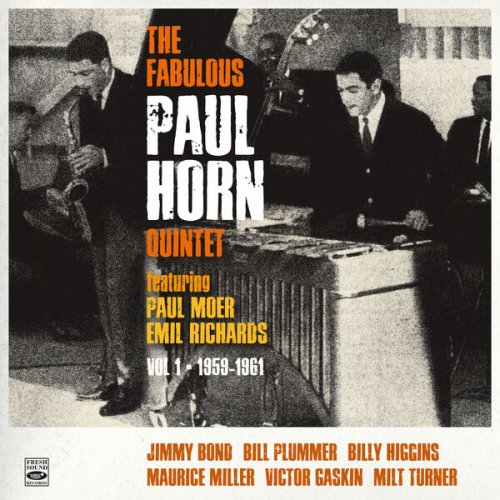
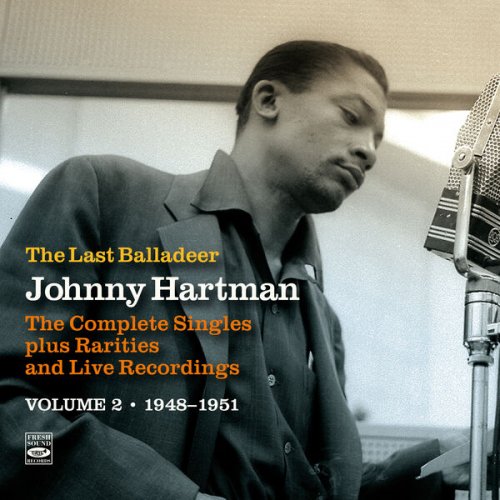
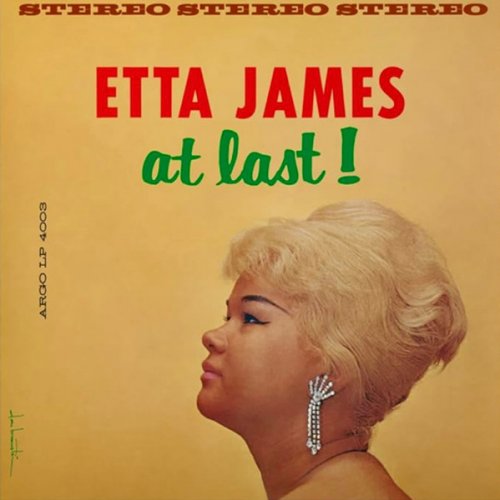
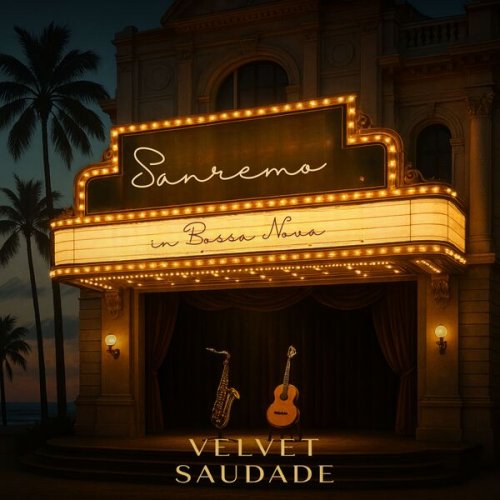
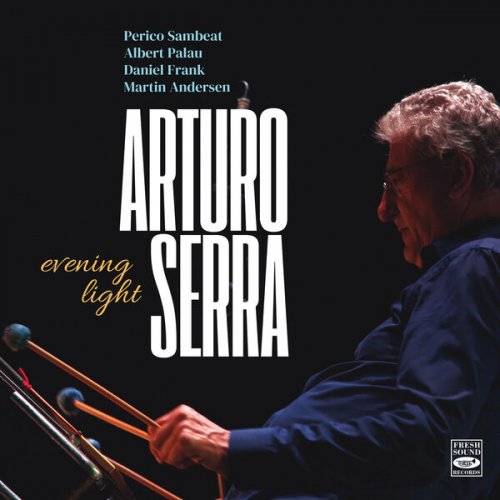
![Andrea Braido - An Evening with Andrea Braido Trio Live! (2026) [Hi-Res] Andrea Braido - An Evening with Andrea Braido Trio Live! (2026) [Hi-Res]](https://www.dibpic.com/uploads/posts/2026-03/1772441152_cover.jpg)
